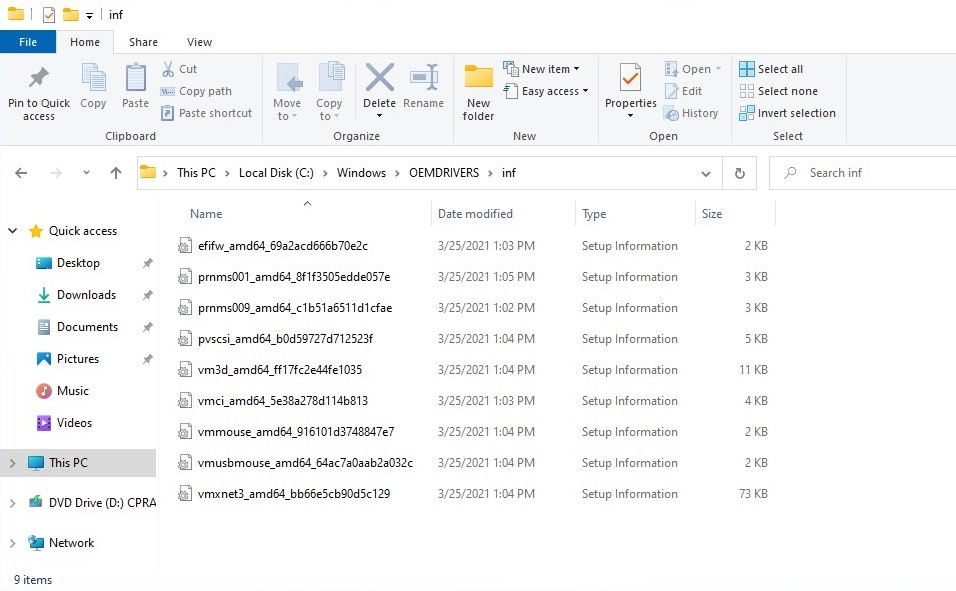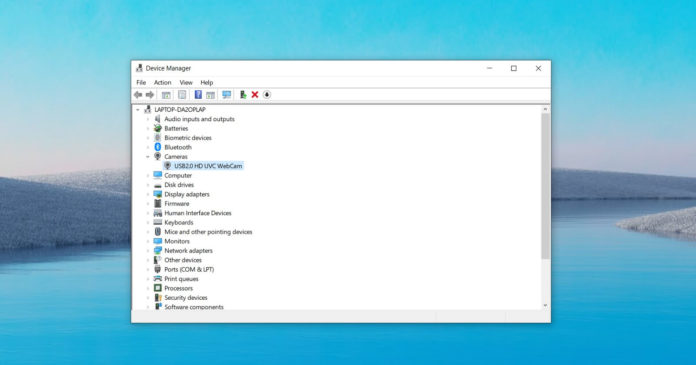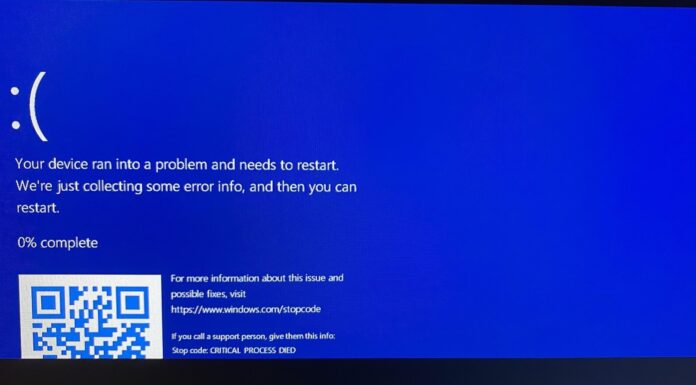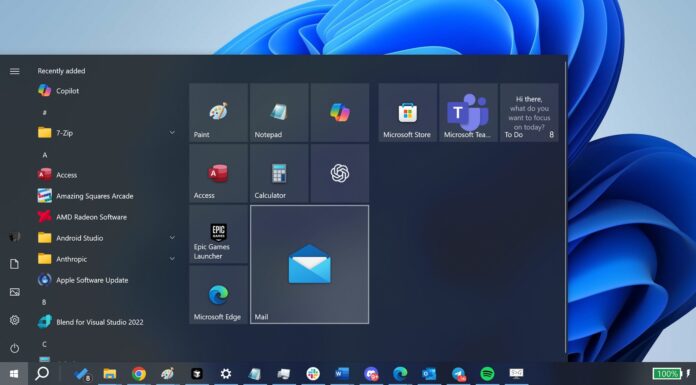On Windows 10, drivers are required when you want to interact with specific hardware, such as your graphics card and network adapter. Usually, drivers are automatically installed when you connect your devices or check for updates using the Windows Update service.
However, sometimes, Windows 10 drivers could lead to serious problems, including security issues. In Windows 10, all drivers (including third-party drivers) are stored together in the DriverStore, which is located under the System32 folder on the system, and it is problematic for the operating system’s overall health.
Microsoft has been using the “DriverStore” folder to store all drivers since Windows Vista and it only includes a “trusted” collection of first and third-party drivers. This folder allows drivers based on INF files and the driver package is not stored in the folder if the INF file is not included.
With Windows 10’s Sun Valley update, Microsoft is planning to move the third-party drivers outside of the System32 folder. After the next feature update, your third-party drivers will be stored in a new “OEMDRIVERS” folder (C:\Windows\OEMDRIVERS) instead of DriverStore (C:\Windows\System32).
Windows will still verify the digital signature of third-party drivers before copying the package to the new “OEMDRIVERS” folder.

As shown in the above screenshot, this fundamental change is currently live in the preview builds, but it can be tested only when you perform an in-place upgrade of Windows 10 version 21H2 on a virtual machine.
Just like Windows 10X, “OEM DRIVERS” support allows the OS to be isolated, or sandboxed, away from the rest of the third-party drivers, and the primary benefit is security.
What you may quickly realize, however, is that OEMDrivers folder is more than just a security improvement. It’s also a bonus layer of performance, especially if you frequently update your third-party drivers.
It’s not yet clear if isolating third-party drivers will also reduce Blue Screen of Death errors and system crashes on Windows 10.
Other Windows 10X features coming to Windows 10
In addition to driver improvements, Microsoft is also believed to be working on Windows 10X-like features for the Sun Valley.
For example, Action Center will be updated with a new adaptive interface that will provide access to both quick settings and notification. Similarly, the Start Menu and other core elements will use rounded corners instead of sharp corners.
Microsoft has already started testing new personalization settings, new features for the touch keyboard, support for improved touch UI in File Explorer, and new icons too.






















